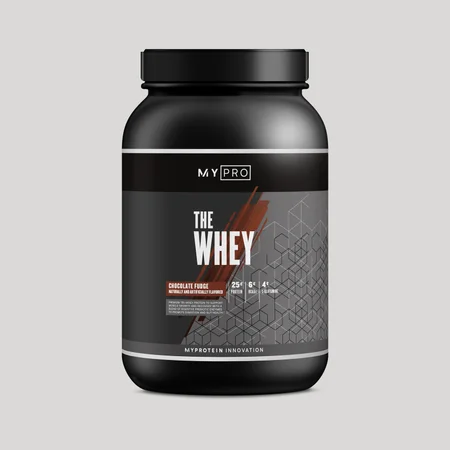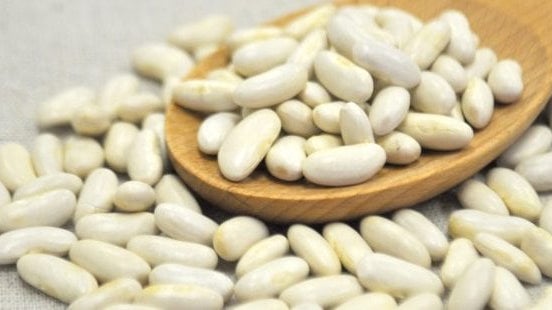
Protein supplementation has taken the world by storm, but which form is best for you?
More and more researchers have favored the fact that to grow muscle at a rapid rate, protein is required. Protein is the key to building muscles no matter what. Further research was carried out to develop alternatives to meat and a dairy-based and vegetarian-friendly protein was developed - this was whey protein.
The development of whey protein was a revolution in the fitness and nutrition industry. Whey protein is a fast and convenient way to fulfil protein requirements anytime, anywhere.
There are factors that differentiate between all three and consumption of each one of them depends on an individual’s need.
The article aims at exploring the main differences between whey protein and hydrolyzed whey protein. It would also cover some basics about whey protein isolate as well, which is intermediate to hydrolyzed whey protein.

What is whey protein?
Whey protein is milk, or rather a cheese derivative - it's obtained from the liquid made when cheese is produced. Whey is not a single protein structure - it consists of peptides and polypeptides.
Whey's profile has some protein structures like alpha-lactalbumin, beta-lactoglobulin, IgGs, glycomacropeptides, and bovine serum albumin. The peptide profile consists of lactoferrin, lactoperoxidases, and lysozyme - a mouthful, eh?
The presence of these structures is significant and that is what makes whey protein awesome! The general process of production of whey involves separation of the important peptides from the leftover solution and packs it up as a whey powder. The peptide profile exists as a rare fraction and the advancement in filtration technology ensure that the peptides are not lost.
Whey protein concentrate
Whey protein (WPC+WPI), typically known as whey protein concentrate due to higher levels of WPC, is the most readily available and less filtered form of whey protein. In general, the first powdery form that is obtained is known as whey protein concentrate.
Whey protein concentrate is known to have less protein concentration, ranging from 40-60 % with more lactose and fat concentration - but with the advancements in filtering technologies, companies are able to produce WPC at around 80% of protein concentration with a moderately low amount of fats and carbs.
Whey protein and whey protein concentrate are not the same. Whey protein contains a mixture of whey protein concentrate and whey protein isolate, with a ratio of around 80:20.

Whey protein isolate
Whey Protein Isolate is a result of multiple folds of filtration. The main aim of the processing of whey is to take care of its peptide bonds as unfair treatment may lead to them being denatured. On application of heat, Peptide rings tend to break and the protein loses it's biological significance.
Isolates undergo multiple filtration levels to remove lactose and fat content without losing their biological activity. The resultant is 90-95% protein content with minimal or no fats and carbs and even lactose. People who are generally lactose intolerant use whey protein isolate.
Hydrolyzed whey protein
Hydrolyzed whey protein can be considered as an up-scaled version of WPI. It is pre-digested whey protein. A pre-digested whey will typically release aminos at a faster rate and the digestion process will be quick. The whole idea of hydrolyzing is to enhance the bio-availability of the protein hence increasing MPS (Muscle Protein Synthesis).
Whey protein vs. hydrolyzed whey protein
Protein has evolved and so have the choices. Let's drill down and find out the differences to better understand them.
1. Cost
There is a big difference in the price. Whey Protein is the cheapest available on the market. The difference between both of these prices might be around 200%. It is advisable to opt for whey protein on a low budget, as most of the protein requirement has to be fulfilled by the diet.

2. Digestion
Whey is “fast” protein. There is a war to increase the rate of digestion using techniques like ion exchange, cross filtration and so on. Whey protein superiority is not only due to its bioavailability. Research carried out for the effect of pre-digested whey versus whey protein on MPS states that there is a minimal or rather negligible amount of spike in amino release in the blood.
Hydrolyzed whey protein is superior when compared to casein protein but stands at par with whey protein.
3. Lactose And Fat content
Whey protein (WPC) contains lactose, fats and carbohydrates. People who have issues with milk and milk products might experience stomach aches and wind post consumption of whey protein due to the presence of Lactose. Furthermore, a single serving has 3-5g of carbs, 2-3g of fat which might not fit into a diet plan. For these reasons, hydrolyzed whey can be considered but the cheaper option of the isolate is available too.
4. Protein Content
Whey protein has less protein per gram of serving. The first generation of whey protein had around 40-60% of protein per serving but recent advancements in technology have raised the levels and the current protein levels are around 80%.
Hydrolyzed Whey Protein is filtered more and more and has around 90-95 % of protein content per serving. This statement is true for whey protein isolate also.
5. Effects
There were not many studies to support this so more research is required. Hydrolyzed whey protein is processed with mild acids and warm temperatures to break the amino bonds for ease of digestion. The process makes it slightly denatured - the amino profile gets depleted and it loses a small amount of its effectiveness.
Whey protein isolate and concentrate are subjected to very low temperatures to ensure that the amino are intact and the goodness is preserved making them effective.
Take home message
It can be concluded that hydrolyzed whey protein is superior to whey protein for those who are sensitive to lactose but wish to receive the benefits of whey protein. However, whey protein is a more cost-effective method of getting those same benefits.











